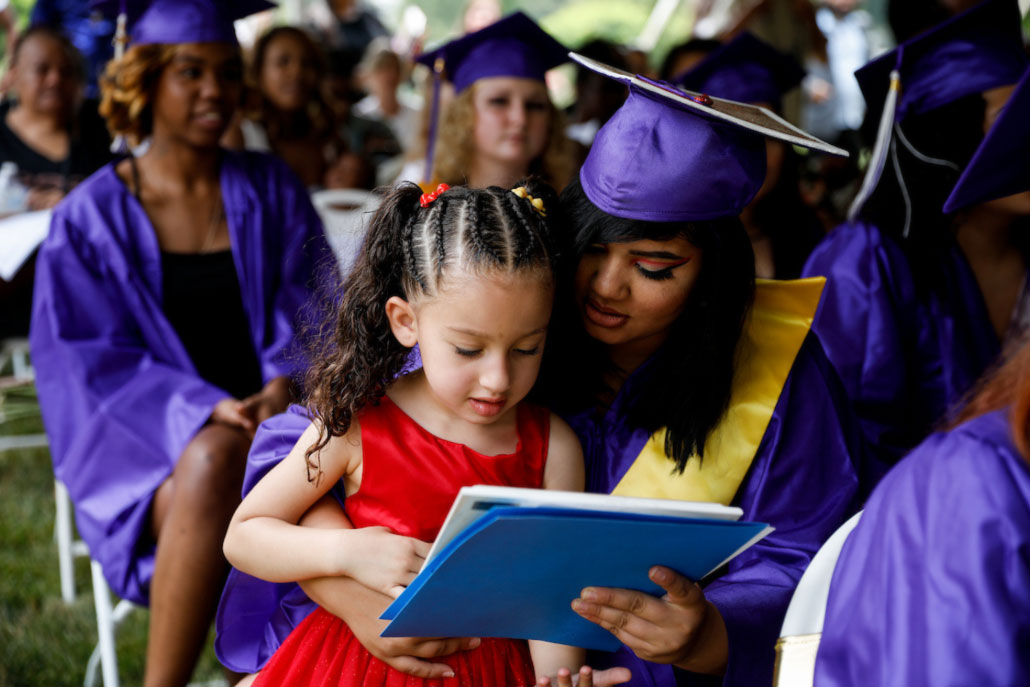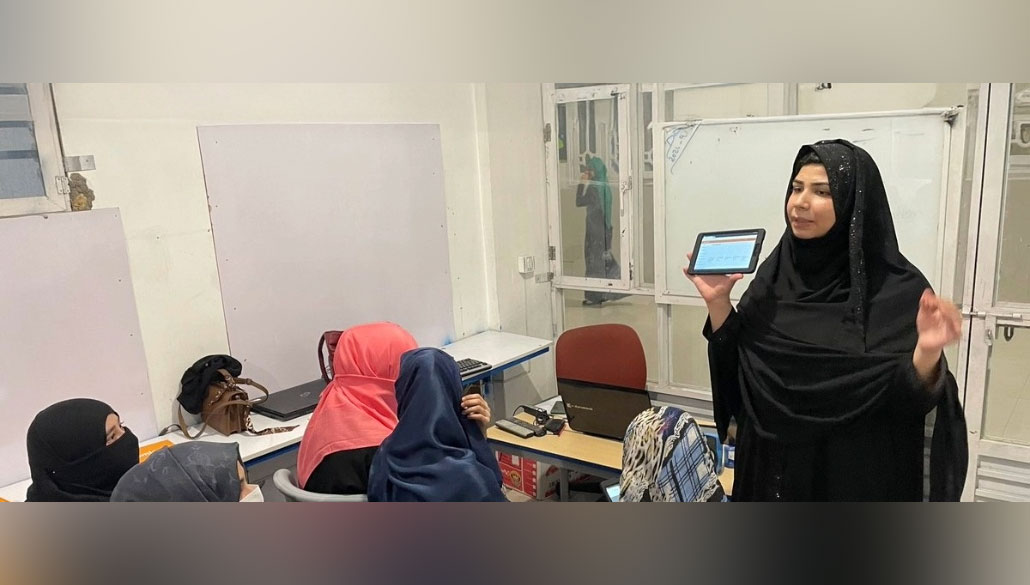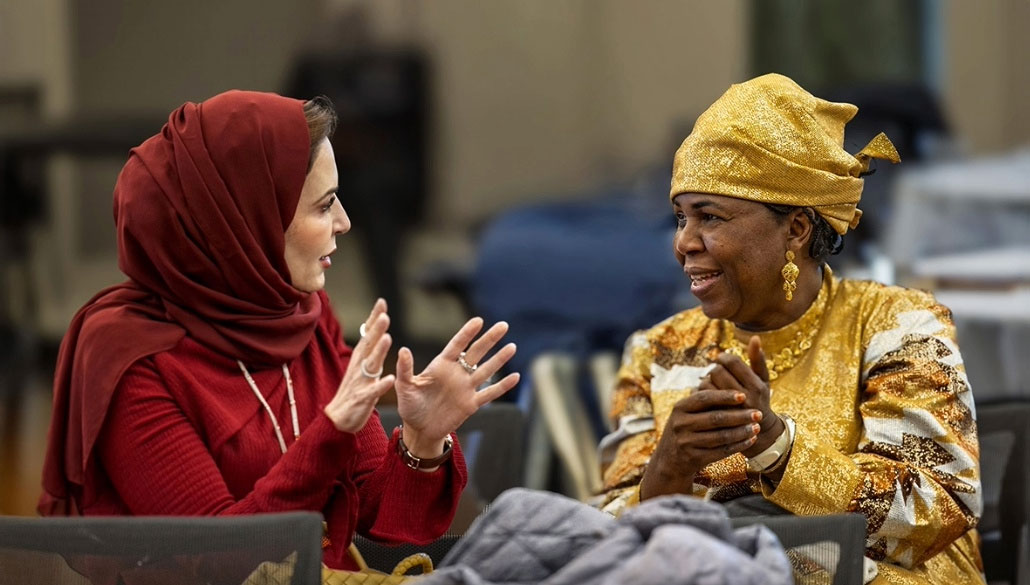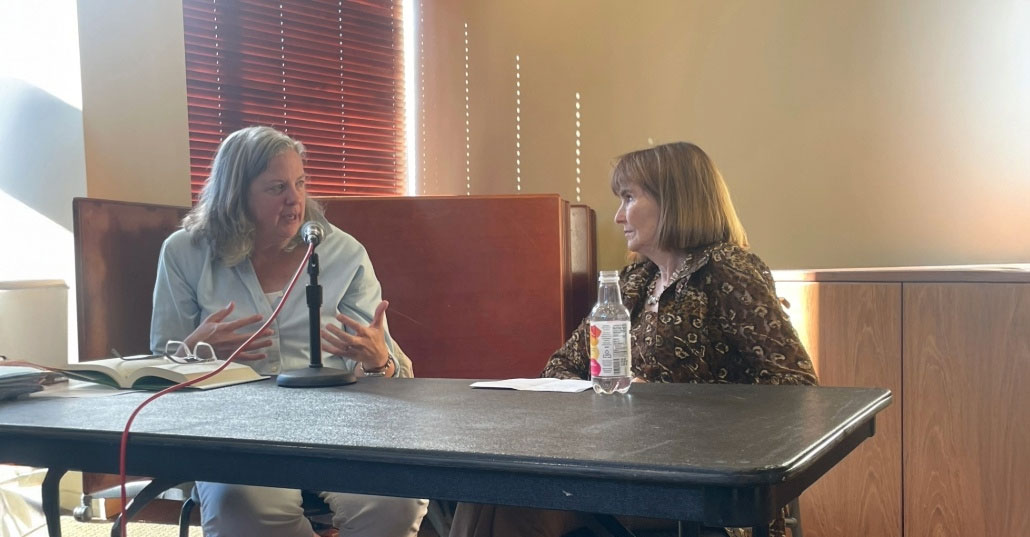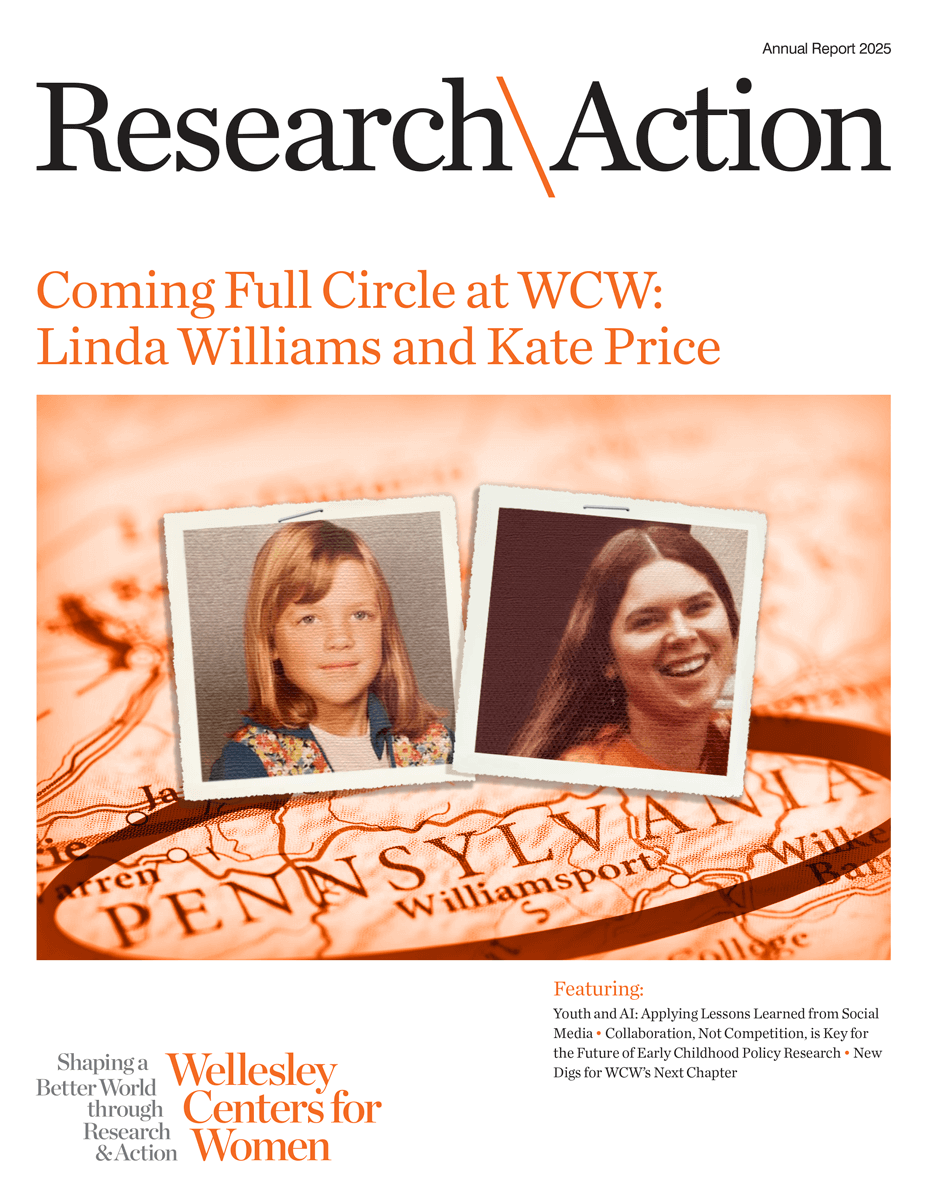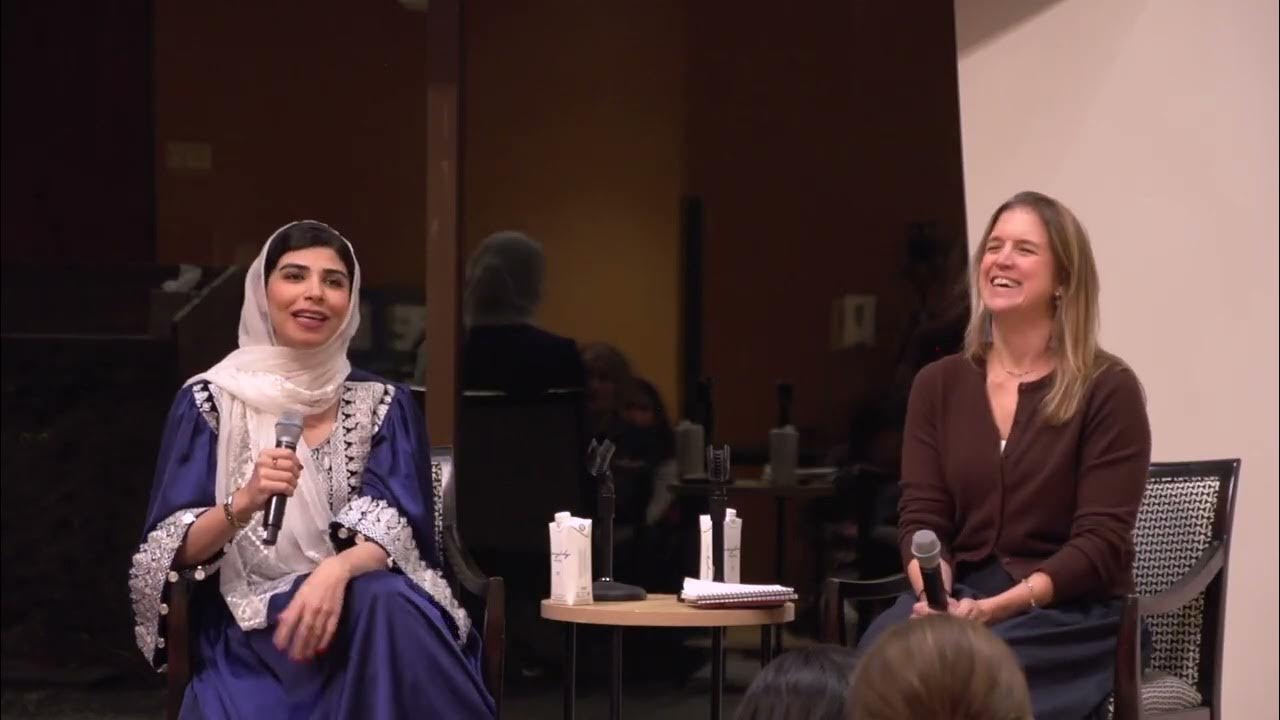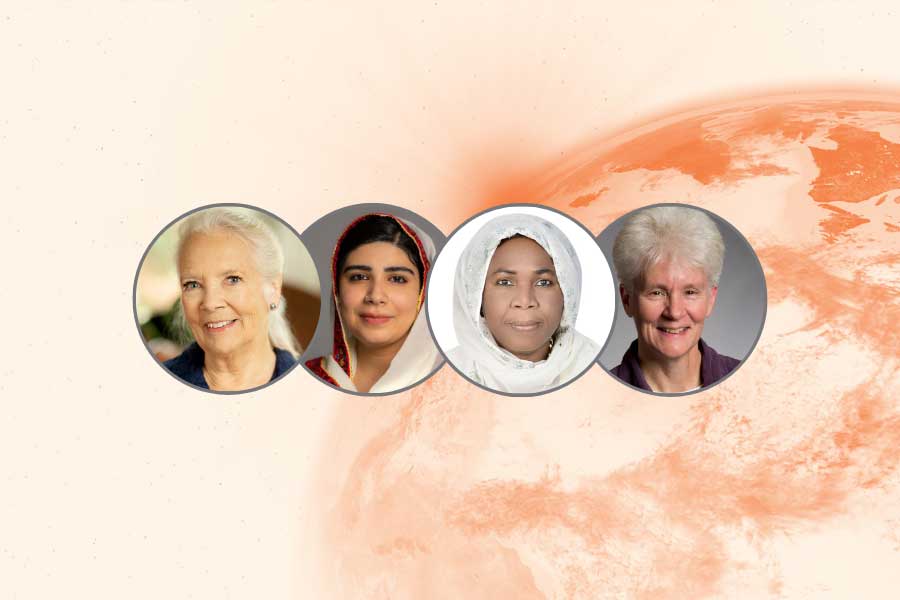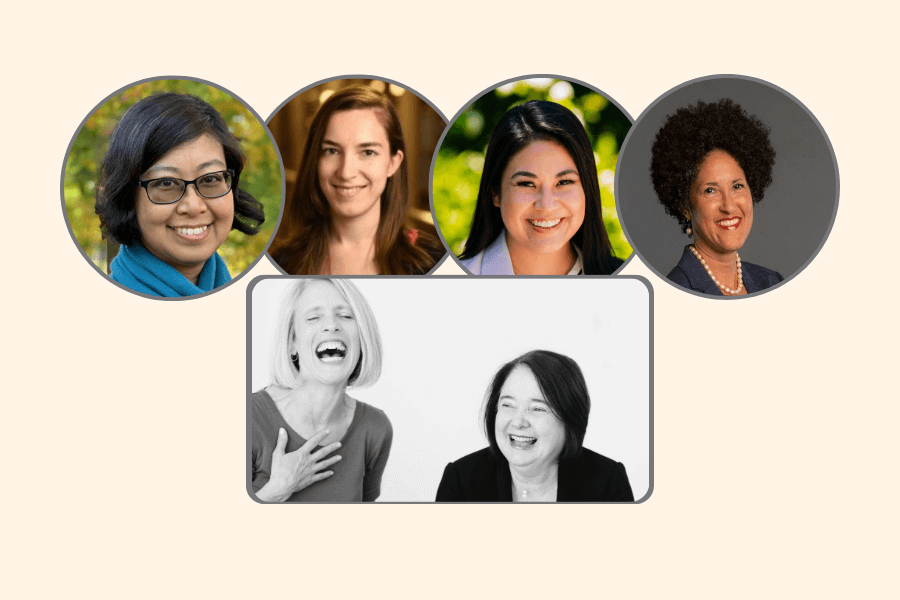An exploratory study was conducted to examine two interpersonal aspects of the work lives of women and men aged 55+. Interviews were conducted with 45 older workers. 'Other-orientation' was assessed qualitatively and via scaled items. 'Emphasis on relational health' was assessed projectively from participants' work-life stories, but those higher in other-orientation emphasized achievement over relational health. There were no significant gender differences in other-orientation or in emphasizing relational health. Other-orientation had a borderline association with race and social class, with high scores more likely to be white, more educated, and of higher SES. Results:
- show a high level of integration of interpersonal and achievement emphasis;
- may point to a developmental trend towards less gender differentiation in work's interpersonal aspects; and
- suggest that social location may be a dimension along which interpersonal factors can vary.
Project: Assessing the Relational Resources of Older Workers: The ARROW Study

